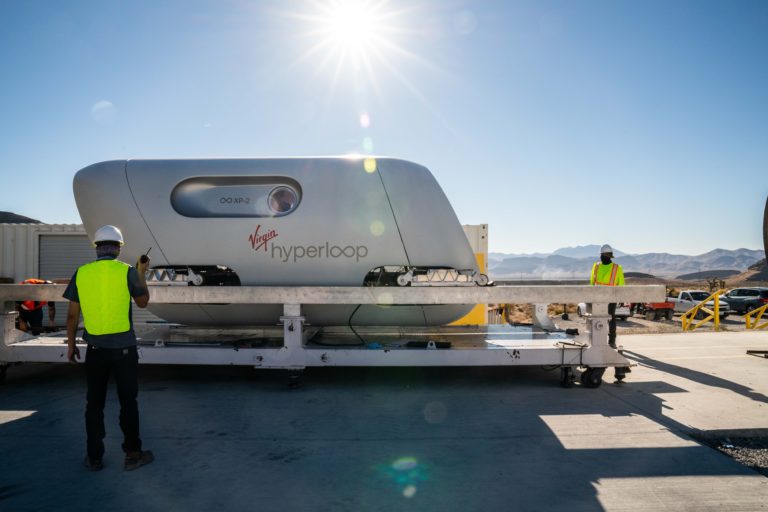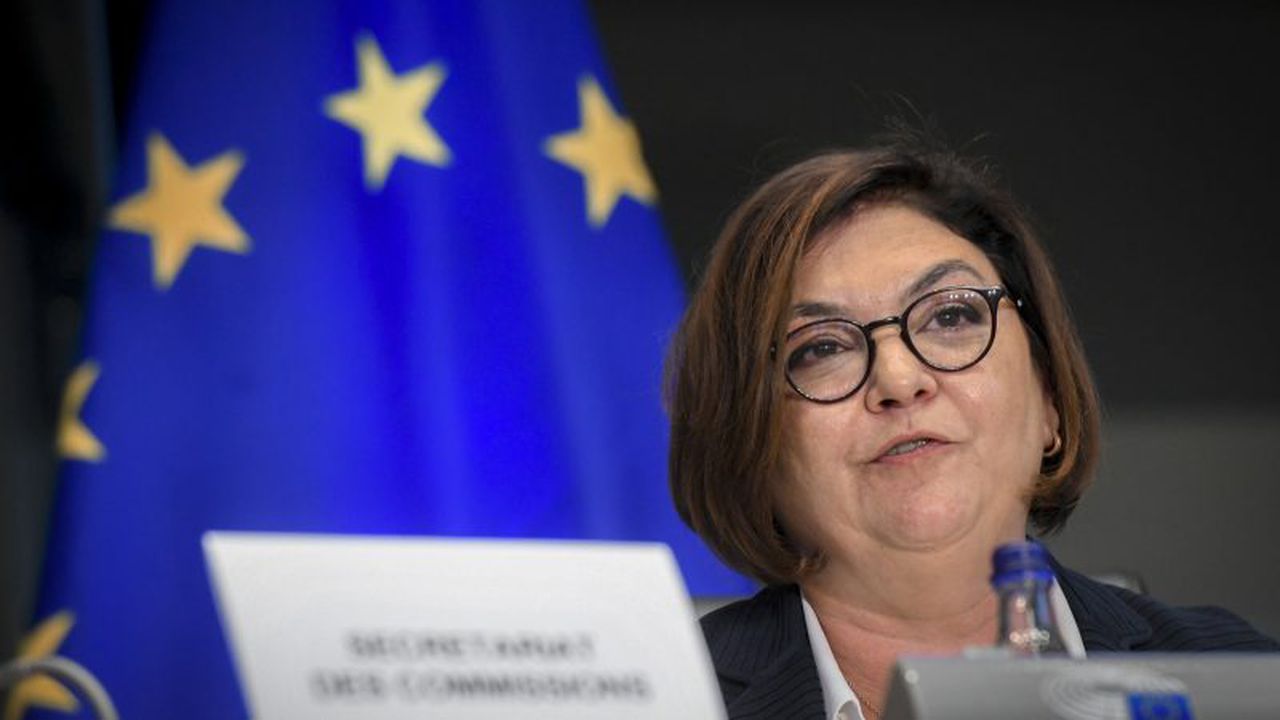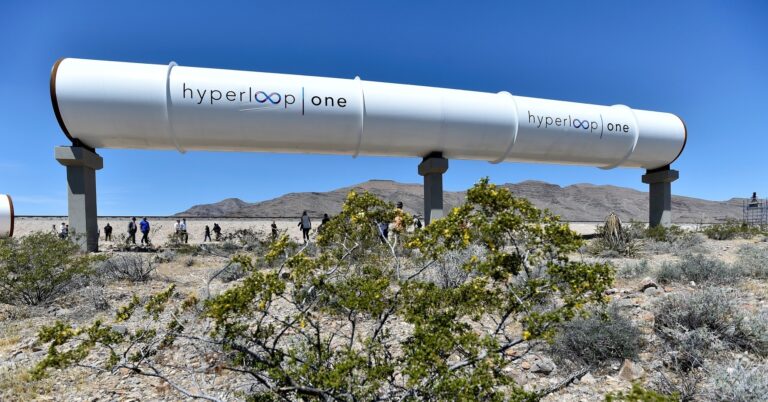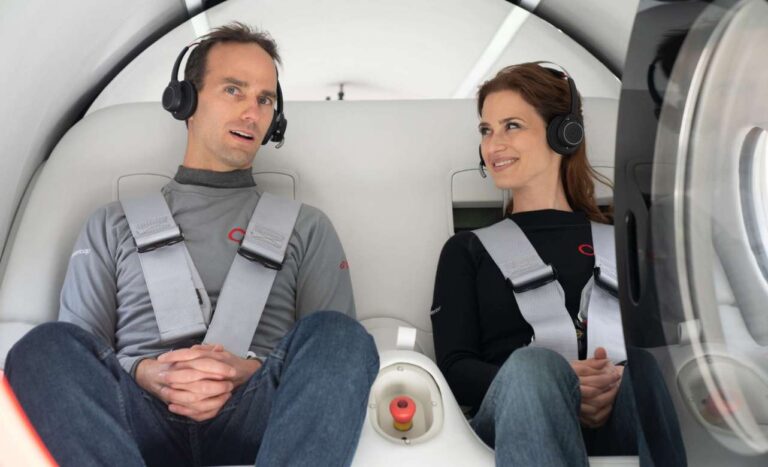BRUSSELS, Belgium, Dec. 09, 2020 (GLOBE NEWSWIRE) — The European Commission (EC) has just released the European Union (EU) Sustainable and Smart Mobility Strategy and hyperloop is explicitly identified as a game-changing mobility technology.
“As the backbone that connects European citizens and business, transport matters to us all,” said Commissioner for Transport AdinaVălean who represents Romania in the European Commission. “We have no time to lose in getting it fit for the future.”
The strategy and action plan outline how the EU will reduce transit-related greenhouse gas emissions by 90% by 2050 as part of the Green Deal and ensure that the EU has clean, fast, smart, and accessible mobility systems for all.
“I applaud the European Commission for its bold and ambitious climate strategy,” said Sir Richard Branson, Founder of Virgin Group. “I believe Virgin Hyperloop can play a strong role in helping to achieve Europe’s sustainability goals by offering a system that has zero direct emissions and will transform the way people travel across the continent.”

By combining an ultra-efficient electric motor, magnetic levitation, and a low-drag environment, hyperloop systems can carry more people than a subway, at airline speeds, and with zero direct emissions. With the goal to be safety certified by 2025 and begin commercial operations by 2030, the 100% electric Virgin Hyperloop system could play a key role in helping achieve the European Green Deal’s climate-neutrality objective.
“The European Commission is paving the way for the future of sustainable mobility,” said Jay Walder, CEO of Virgin Hyperloop. “We share a steadfast commitment to exploring innovative solutions to mitigate the effects of the climate crisis, and we look forward to continuing to work together to create a hyper-connected Europe.”
This announcement builds off of significant regulatory progress in Europe. The European Commission’s Directorate-General for Mobility and Transport (DG MOVE) has held numerous workshops over the past 2 years with hyperloop companies in conjunction with regulatory authorities and standards bodies – leading to the establishment of a baseline for the functional blocks of a hyperloop system and safety requirements. The European Commission is now carrying out a 9-month study to develop a safety regulatory approach for Europe, the results of which will be used by the Commission to develop the regulatory policy for hyperloop technologies. Active discussions are also underway with several European regulatory authorities.
This momentum, combined with the decision to build a Hyperloop Certification Center in the US and Virgin Hyperloop’s first passenger testing, will pave the way for the certification of hyperloop systems – a key step towards commercial projects, including those in Europe. This race to the top will bring mutual benefits, especially if it is backed on both sides of the Atlantic, by funding measures for the cleanest modes of transport.



